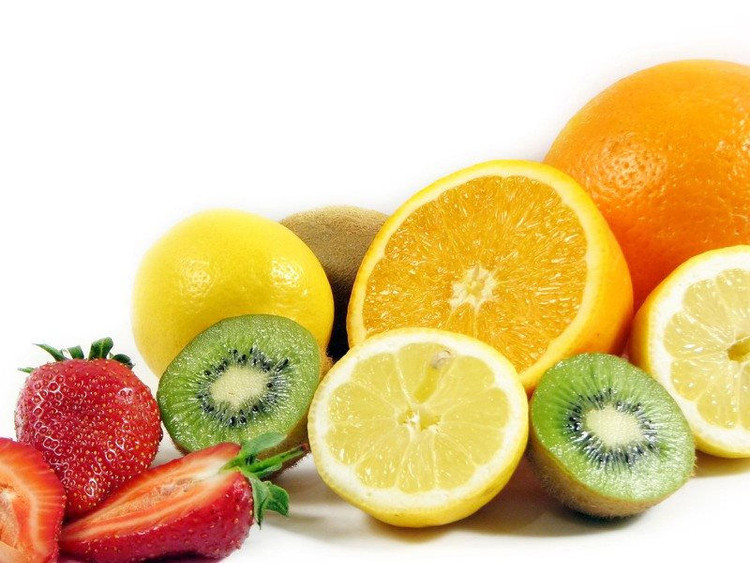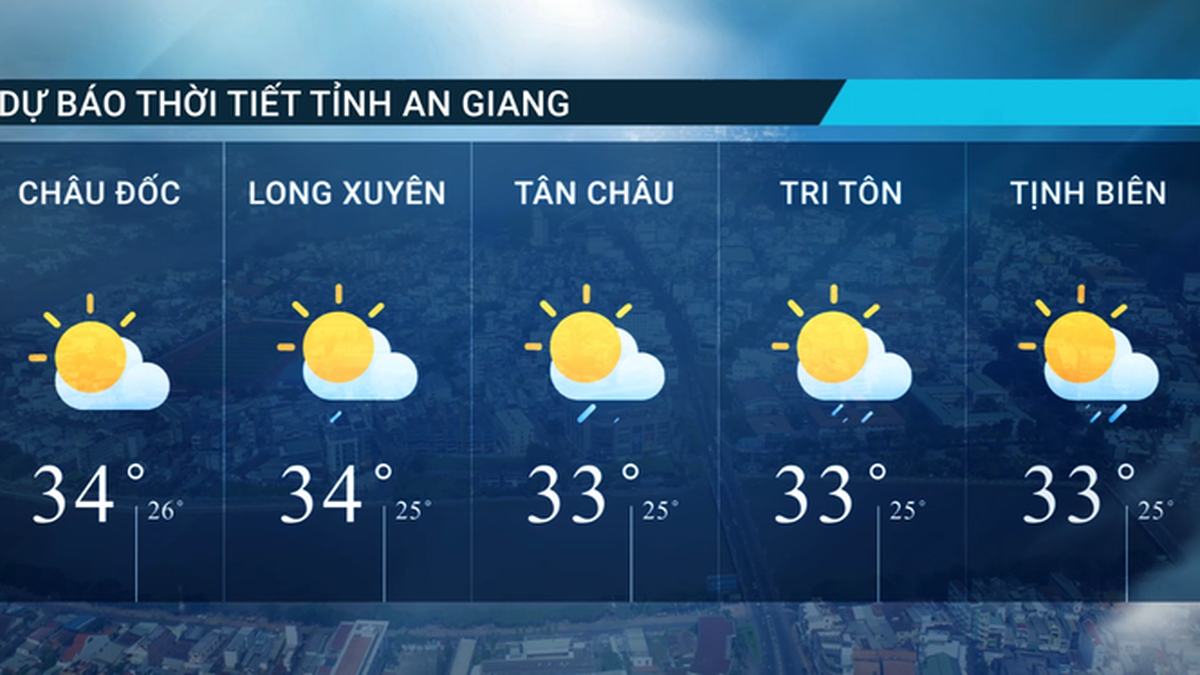Suitable storage temperature
The first thing to note when storing fruit in the refrigerator is the air temperature. Normally, 3 - 90C is the most suitable temperature for all types of fruits and vegetables. This temperature slows down the ripening process of the fruit, limiting the situation where the fruit is damaged quickly after ripening.
Nowadays, most refrigerators have separate compartments for fruits and vegetables. You just need to put them all in the right compartment to preserve them better. If there is no separate compartment, you can put them anywhere in the refrigerator, but still have to ensure the temperature as above.
Also, when you buy unripe fruit, it is best not to put it in the refrigerator immediately, as this will prevent the fruit from ripening. Leave the fruit at room temperature to ripen a little more before putting it in the refrigerator.

Do not cut into small pieces and keep the fruit dry.
The habit of saving time by washing fruits, cutting them in advance and putting them in the refrigerator, and then just taking them out when you need them, does not save time but also makes the fruits spoil quickly. Most fruits and vegetables have a natural protective layer, if washed, they will quickly spoil and be crushed. At the same time, it also causes the fruits to lose the nutrients inside.
Always keep fruit covered when storing.
Fruits need 80 - 95% humidity to maintain their freshness, while the humidity in the refrigerator is only maintained at an average of 65%. This causes the fruit to quickly wilt and lose its freshness.
Besides, whether you like it or not, arranging too many types of fruit together in one place can easily cause collisions, causing the fruit to spoil faster than expected. It is better to put the fruit in a sealed plastic box or wrap it with plastic wrap to avoid bacteria and keep it fresh.
Sort and arrange fruits properly
Storing fruits and vegetables in the same area of the refrigerator will cause one of them to spoil easily. Because these foods are divided into two groups and are considered to be the “nemesis” of each other because of ethylene gas.
Types that can produce ethylene gas: Tomatoes, bananas, papaya, avocados, apples...
Types sensitive to ethylene gas: Carrots, oranges, lemons, kale, fish mint.
In addition, arranging and classifying fruits properly will help you more easily preserve and quickly find the food you need.
Source: https://khoahocdoisong.vn/cach-bao-quan-trai-cay-tuoi-lau-trong-tu-lanh-post1157783.html

































































































Comment (0)